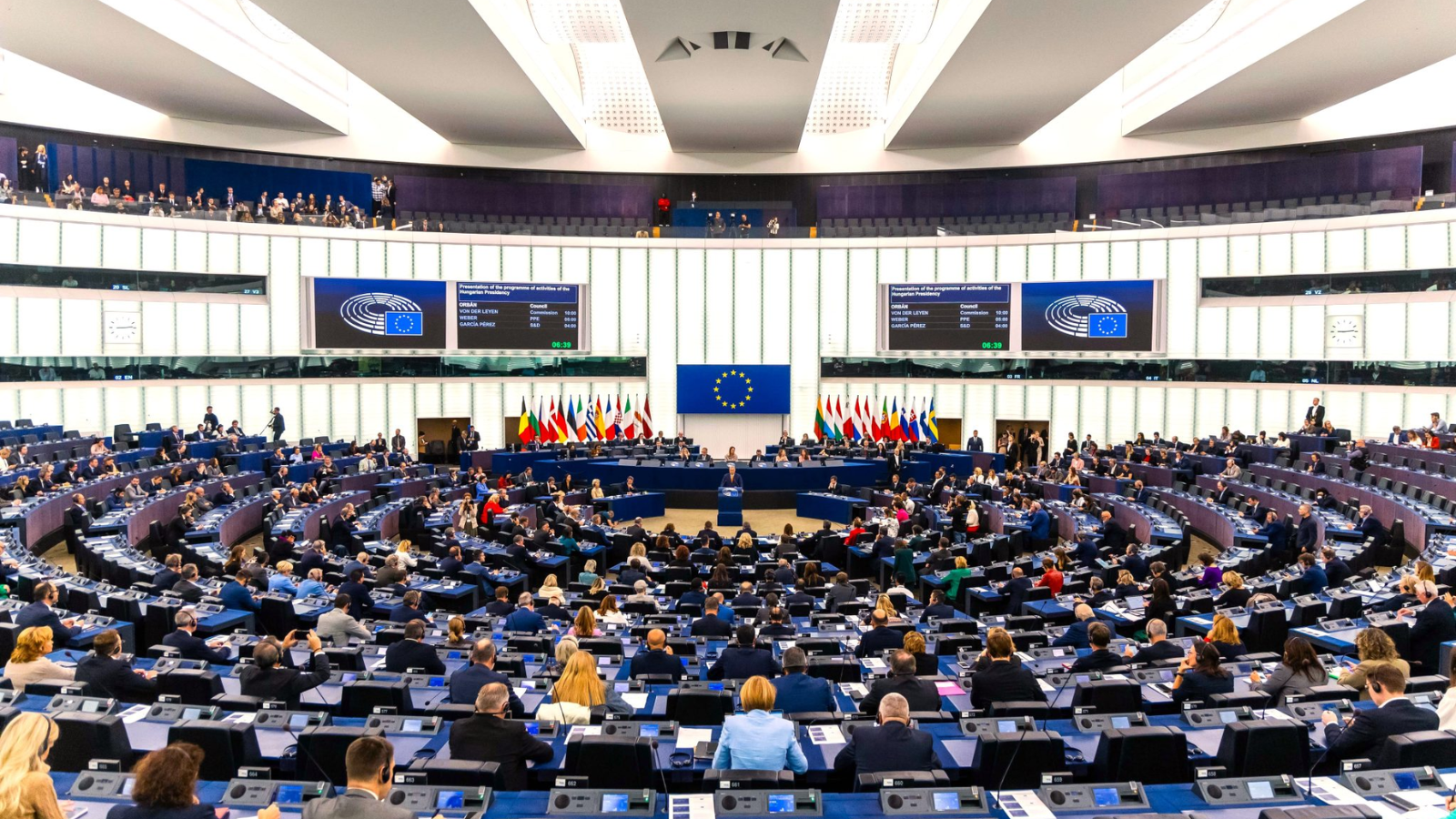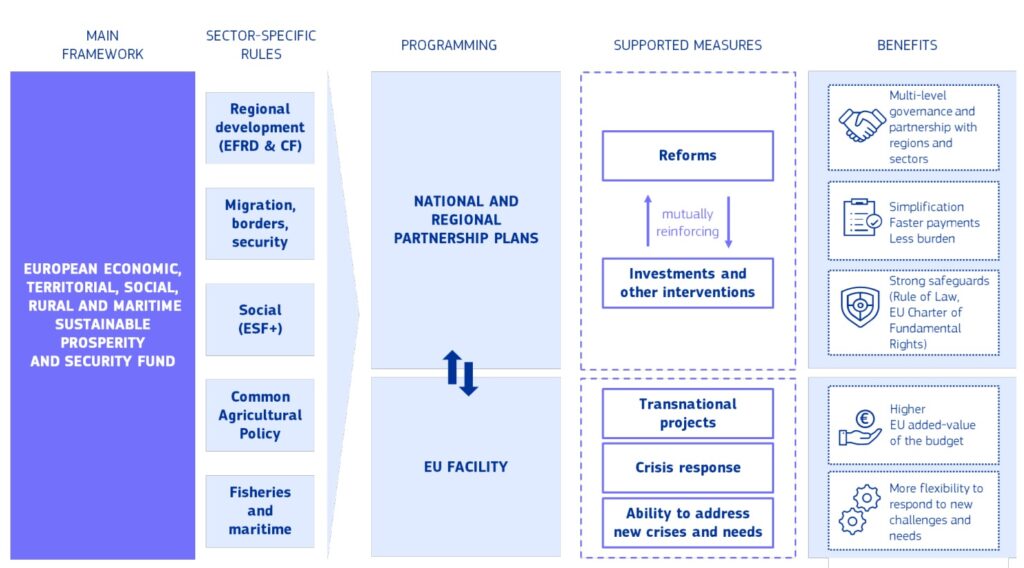In February 2023, Parliament approved the creation of a public health subcommittee. In December 2024, Parliament’s political group leaders decided to upgrade its status to a standing committee. The decision was confirmed by plenary, which adopted on 18 December 2024 the modification of Parliament’s rules of procedure accordingly.
After the adoption of Parliament’s decision to create a standing committee on public health, Chair Adam Jarubas (EPP, Poland) made the following statement:
“On behalf of all EU citizens who see added value in greater European engagement in health, I would like to express gratitude to all those involved in establishing European Parliament’s independent, legislative, full Public Health Committee.
The SANT Committee’s focused mandate address the most pressing health issues agilely and effectively. At the same time, open cooperation with other relevant Parliament committees and commissioners will allow it to maintain the “One Health” approach.
The COVID19 pandemic clearly showed how much more effective we can be by acting together, instead of competing for limited resources that only drive up costs, and provided a momentum for EU action in health. We must now live up to the high expectations of our citizens.
In 2021, with Parliament’s support, the EU adopted and is now implementing Europe’s Beating Cancer Plan, the first comprehensive, holistic, health strategy. Doctors, scientists and, most importantly, patients expect similar strategies in other health areas, such as cardiovascular conditions, the biggest killer in Europe, or neurodegenerative diseases, on the rise with the aging population.“
Read the full statement here





